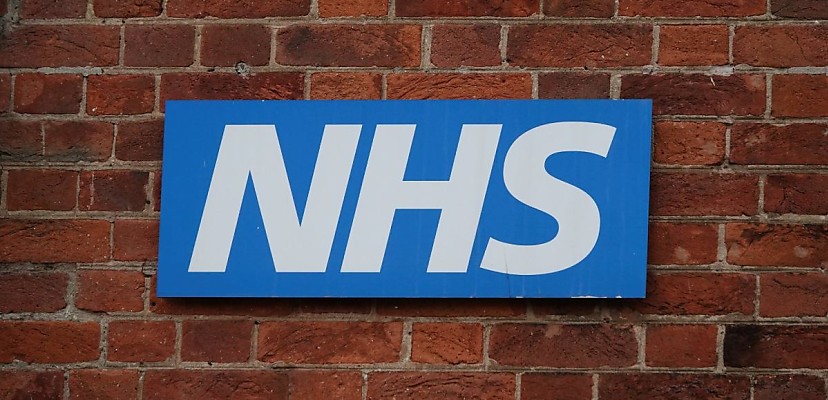Share this article on:
Powered by MOMENTUMMEDIA
Breaking news and updates daily.
Calls to emergency services in the UK have skyrocketed after a CrowdStrike update caused outages across the globe.

London Ambulance Service chief executive Daniel Elkeles said that calls to 999 and 111 have increased considerably as a result of a major Microsoft outage.
“Following the global IT outage that has impacted some NHS services across the capital, our call handlers and ambulance crews are incredibly busy with huge increases in the number of calls to both our 999 and 111 services,” said Elkeles in a statement.
“In fact, by 2pm today [19 July], we had received more than three thousand 999 calls and 3,000 calls to our 111 services – this is a third higher than we would usually receive in a full 24-hour period.”
The NHS also revealed that the “majority” of GP practices are suffering disruptions, and hospitals are facing delays due to having to move to paper for certain administrative tasks.
“The NHS is aware of a global IT outage and an issue with EMIS, an appointment and patient record system, which is causing disruption in the majority of GP practices,” said the NHS in a statement issued yesterday.
“The NHS has longstanding measures in place to manage the disruption, including using paper patient records and handwritten prescriptions, and the usual phone systems to contact your GP.
“There are also some issues with administrative systems in hospitals that mean staff are having to work manually from paper to manage certain tasks, but in the majority of hospitals, care is continuing as normal.
“Patients should attend appointments unless told otherwise. You can contact your GP on the phone if it’s urgent, and otherwise please use your local pharmacy, NHS 111 online or call 111 for urgent health advice as normal.”
One NHS hospital, Royal Surrey NHS Foundation Trust, has declared the outage a “critical incident” after it revealed it prevented them from delivering radiotherapy to its cancer patients.
It has since been revealed that radiotherapy services have been restored, but it maintains its critical incident status, as appointments as far away as next week could be impacted.

Be the first to hear the latest developments in the cyber industry.